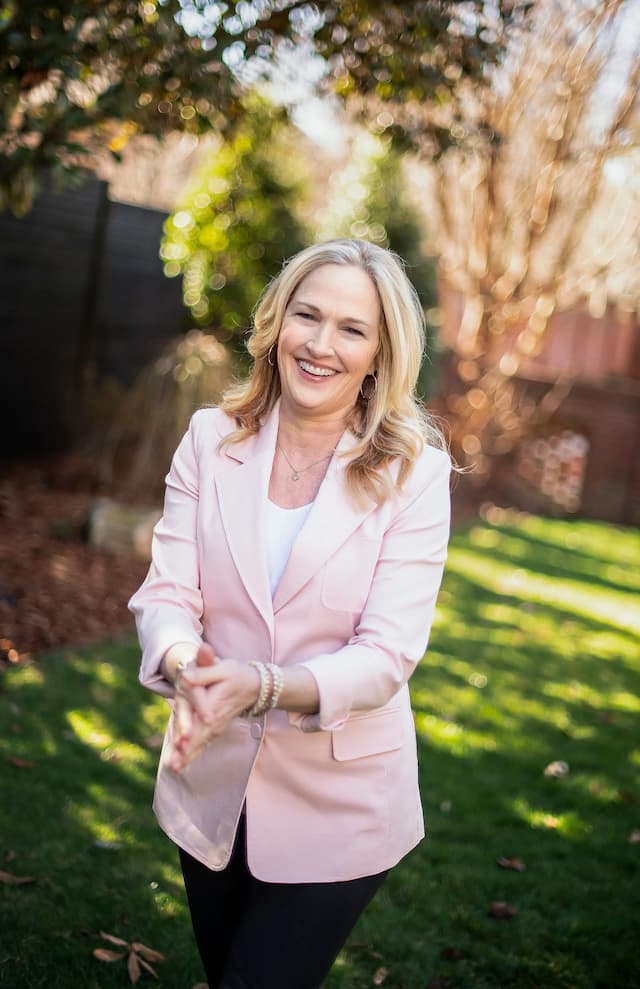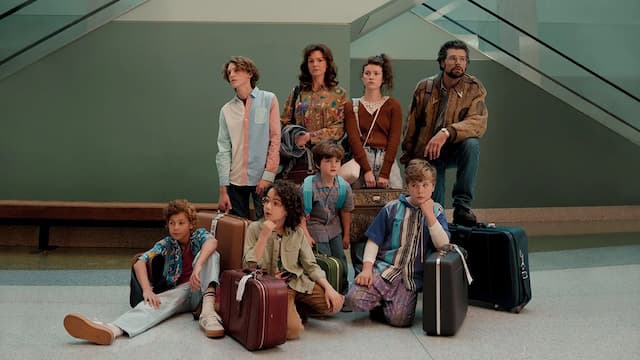Christmas Carols Lost
I have a little theory about Christmas carols as it relates to the postmodern world we live in. But before I expound on my premise, here’s a short quiz for you. Try to fill in the blanks below (answers at bottom).
- Joy to the world, the Lord __________ . Let ________________.
- Angels we have heard on high, sweetly __________________.
- Silent night, Holy night, All is calm, All is bright, Round __________.
- It came upon a midnight clear, that __________. From angels bending ___________.
- O come, o come Emmanuel. And __________________. (Bonus if you can sing beyond that sentence).
 So how did you do? My theory is this. Baby boomers would get a perfect score. Busters would get most of the answers right, and Gen X and younger would probably mumble along through most all of it. (My teenage daughter admitted to 1 of 5.)
So how did you do? My theory is this. Baby boomers would get a perfect score. Busters would get most of the answers right, and Gen X and younger would probably mumble along through most all of it. (My teenage daughter admitted to 1 of 5.)
When I was a kid, we sang all the Christmas carols as part of every Christmas elementary school Christmas program. “Away in a Manger” and “Silent Night” were unapologetically crooned alongside “Deck the Halls” and “The Twelve Days of Christmas.” It was just the way it was. But culture evolves. In today’s postmodern world, Christmas carols, particularly the sacred ones, have been lost to this current generation. Carols are no longer a part of our culture’s consciousness, an inadvertent victim of political correctness.
And it goes deeper. I think we’ve lost the very essence of the meaning of these carols as well. Isaac Watts penned “Joy To The World” based on the latter part of Psalm 98, which actually pointed to the triumphant return of Christ, not his first coming. “O Come, O Come Emmanuel” is a reference to Isaiah 7:14, and refers to the period of bondage and suffering by the nation Israel, when the prophets foretold of the promise of a Savior. And do we know what “Gloria in excelsis Deo” means? (It’s Latin for “Glory to God in the highest.”) We’ve forgotten that these Christmas carols are sacred songs, hymns of worship. For better or worse, the Christmas hymns have become appropriated by pop stars and mall Muzak. They have lost their gravitas, their intention, their significance.
 So what to do? I have quoted Andy Crouch before in this blog, who reminds us that the only way to change culture is to create culture. I now also augment to this idea one other quote from the great theologian, Elf: “The best way to spread Christmas cheer, is singing loud for all to hear.”
So what to do? I have quoted Andy Crouch before in this blog, who reminds us that the only way to change culture is to create culture. I now also augment to this idea one other quote from the great theologian, Elf: “The best way to spread Christmas cheer, is singing loud for all to hear.”
We need to sing these carols again. In the church. In the home. In our times of prayer and worship. Between and among and to the generations. And as we sing, we need to capture the essence of the awe and joy and mystery and good cheer which these songs represent—not only in our words but in our hearts. O come let us adore Him!
So how did you do really? Post a comment! Answers:
- …is come. Let earth receive her King.
- …singing o’er the plains.
- …yon virgin, mother and child.
- …glorious song of old. From angels bending near the earth, to touch their harps of gold.
- …ransom captive Israel. That mourns in lonely exile here, until the Son of God appear. Rejoice! Rejoice! Emmanuel, shall come to thee, O Israel.






